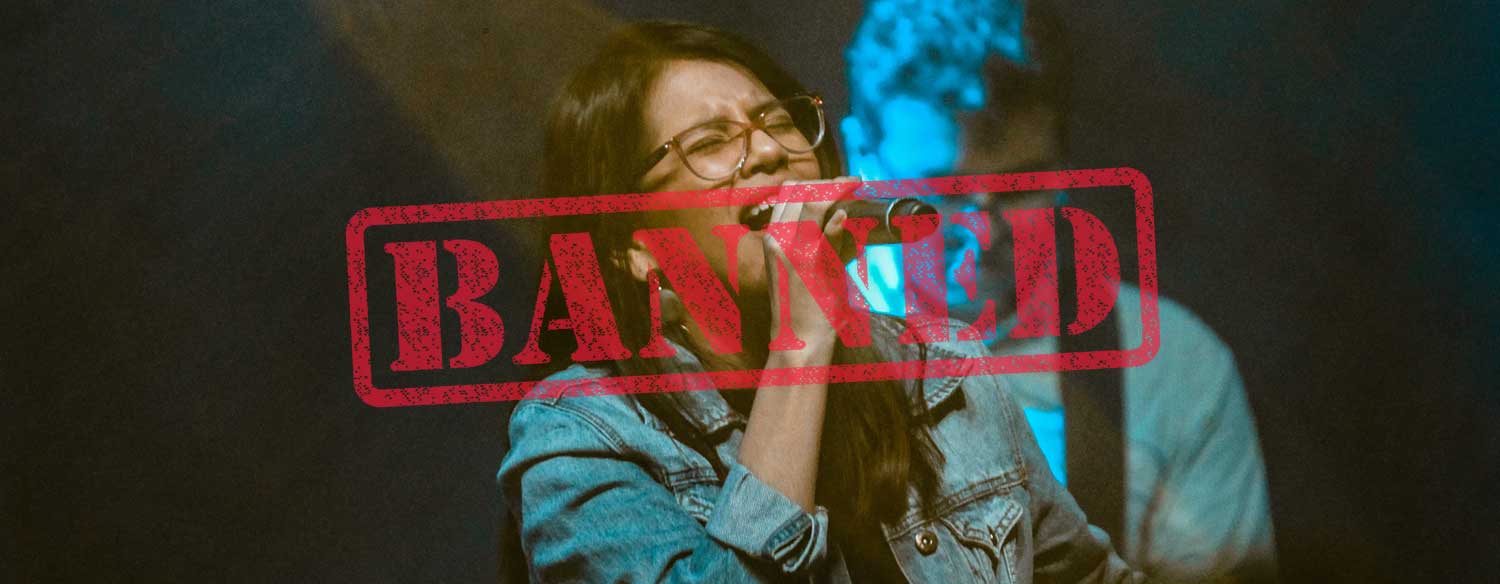The state of California has placed a temporary ban on singing and chanting in churches in and effort to curb the spread of coronavirus.
California’s Department of Public Health announced the ban on Wednesday, warning that singing increased the likelihood of transmission through “contaminated exhaled droplets.”
“Activities such as singing and chanting negate the risk reduction achieved through six feed of physical distancing,” the guidelines state. “Places of worship must therefore discontinue singing and chanting activities and limit indoor attendance to 25% of building capacity or a maximum of 100 attendees, whichever is lower.”
The Sacramento Bee reports: “Health agencies such as the federal Centers for Disease Control and Prevention say shouting or singing can spread the coronavirus just as easily as coughing or sneezing. California’s health department agrees, and as Gov. Gavin Newsom begins tightening protocols during a resurgence of the pandemic, it now says singing and chanting are outright banned.”
According to CNN, “California has had more than 24,000 coronavirus cases. On Tuesday, it announced 6,367 cases, the second highest total for the state since the pandemic began.”
Jim Clark, Senior Pastor at Crossroads Community Church in Yuba City told KCRA News he thought the decision was ridiculous.
“I really believe that it is stepping on the constitutional rights from the Bill of Rights on churches.”
While the church is taking precautions through social distancing, temperature checks, and capping attendance, Clark says the church will continue to sing despite the ban.
“We’ll be singing and praising the Lord, that’s part of the worship, we think it’s guaranteed by our Constitution,” he said.
Kentucky Rep. Thomas Massie also described the ban as “blatantly unconstitutional.”
“Would the Supreme Court uphold this edit to ban singing in places of worship? I can imagine the mental gymnastics some of the justices would undertake to support the governor.”
The First Amendment guarantees that: “Congress shall make no law respecting an establishment of religion, or prohibiting the free exercise thereof; or abridging the freedom of speech, or of the press; or the right of the people peaceably to assemble, and to petition the Government for a redress of grievances.”





















